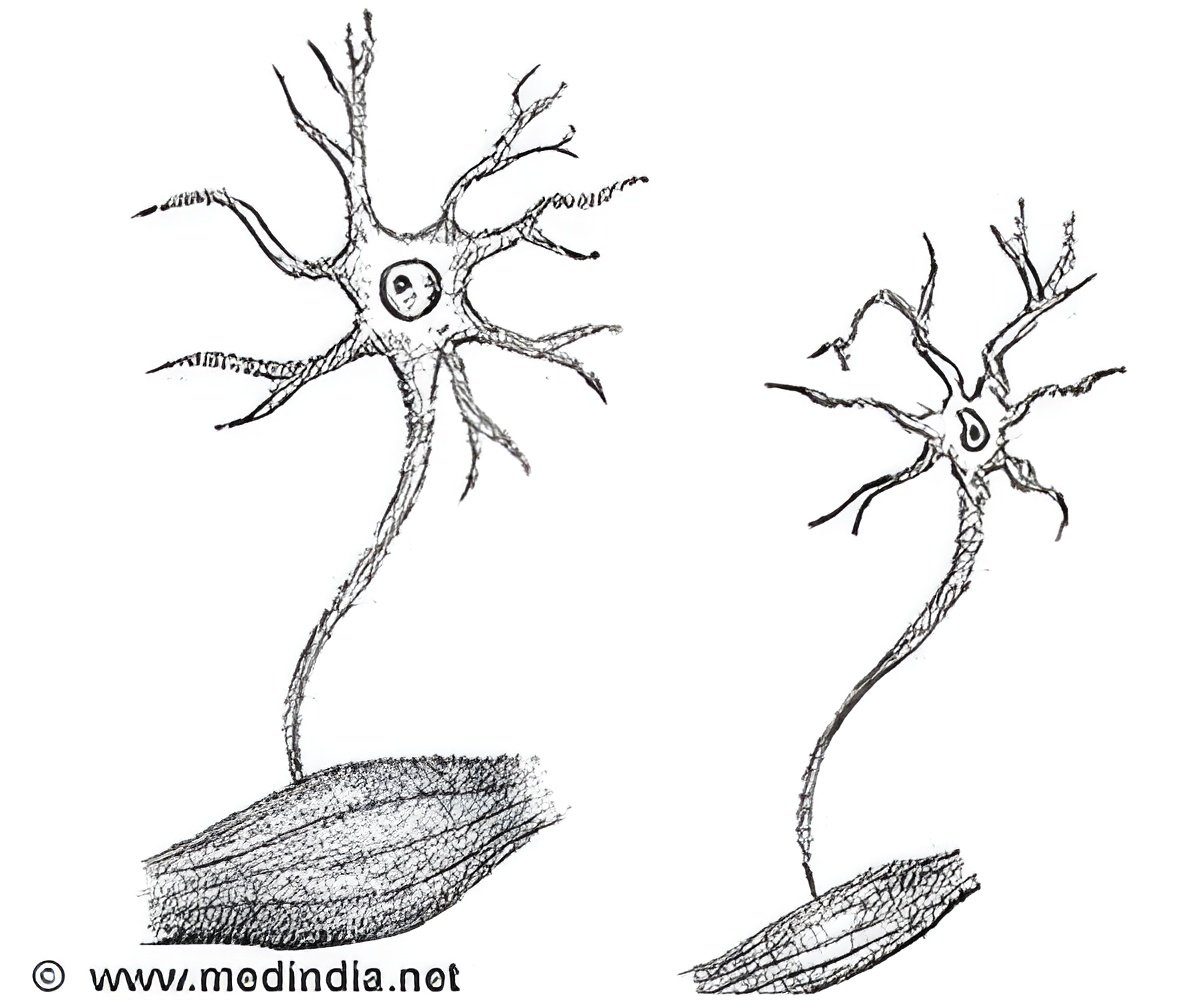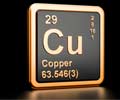Researchers have found that using a copper compound can prove to be effective in treating amyotrophic lateral sclerosis (ALS), or Lou Gehrig's disease.

In humans, no therapy for ALS has ever been discovered that could extend lifespan more than a few additional months.
Researchers in the Linus Pauling Institute at Oregon State University said that this approach has the potential to change that, and may have value against Parkinson's disease as well.
"We believe that with further improvements, and following necessary human clinical trials for safety and efficacy, this could provide a valuable new therapy for ALS and perhaps Parkinson's disease," Joseph Beckman, a distinguished professor of biochemistry and biophysics in the OSU College of Science said.
By restoring a proper balance of copper into the brain and spinal cord, scientists believe they are stabilizing the superoxide dismutase in its mature form, while improving the function of mitochondria.
This has already extended the lifespan of affected mice by 26 percent, and with continued research the scientists hope to achieve even more extension.
Advertisement
Source-ANI









